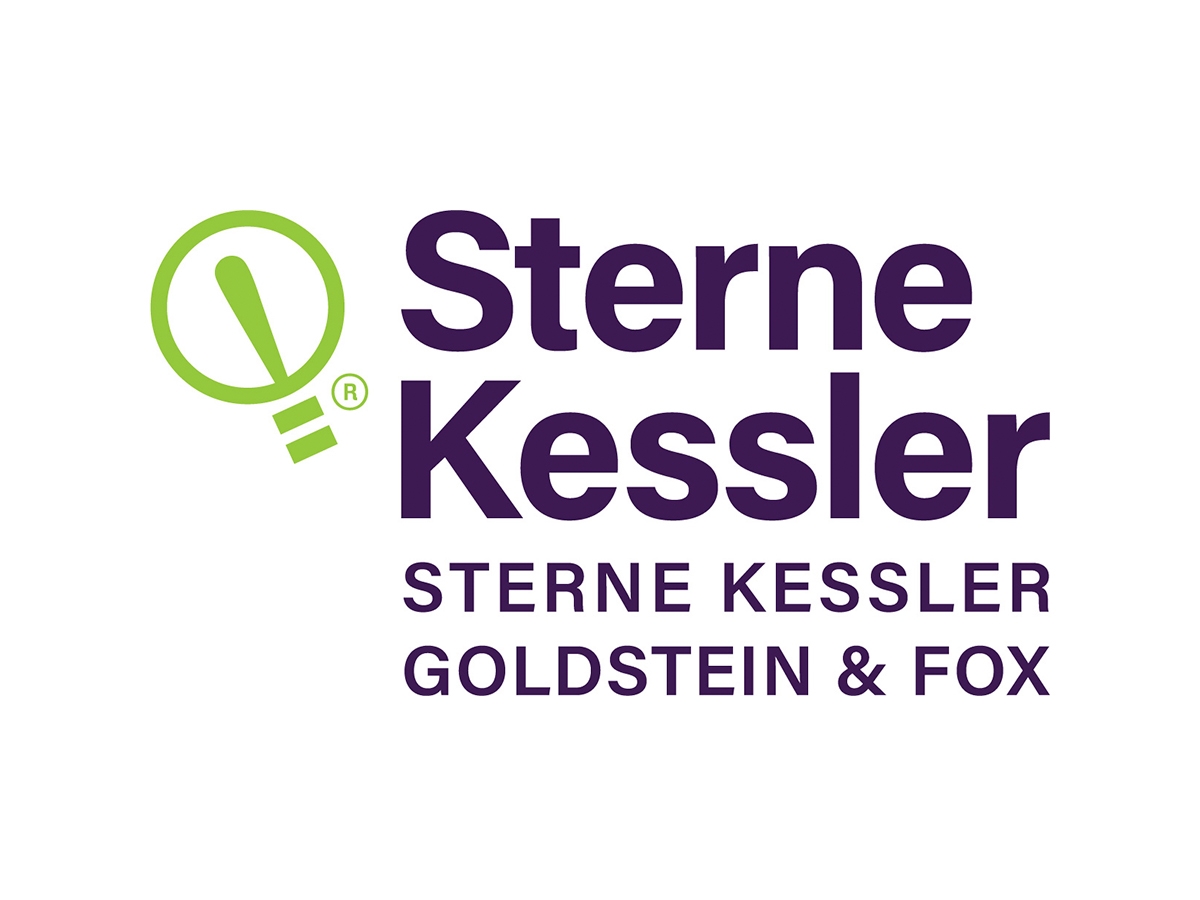Can Trademark Applications and Administrative Proceedings Subject a Foreign Applicant to Service or Jurisdiction in Court Proceedings in the U.S.? | International Lawyers Network
Suppose that you are a foreign applicant who either files a trademark application, opposition proceeding, or cancellation proceeding with the USPTO. Can this act of filing subject the foreign applicant to service of process or specific or personal jurisdiction in court proceedings in the U.S.? The answer is YES! as to service of process if you are in the Ninth Circuit (Alaska, Arizona, California, Hawaii, Idaho, Montana, Nevada, Oregon, Utah, and Washington) and it depends on the jurisdiction of where the court proceeding is commenced.
Under Section 1051(e) of the Lanham Act, 15 U.S.C. §1051(e), a trademark applicant may designate a resident for service of process and notices as follows:
If the applicant is not domiciled in the United States the applicant may designate, by a document filed in the United States Patent and Trademark Office, the name and address of a person resident in the United States on whom may be served notices or process in proceedings affecting the mark. Such notices or process may be served upon the person so designated by leaving with that person or mailing to that person a copy thereof at the address specified in the last designation so filed. If the person so designated cannot be found at the address given in the last designation, or if the registrant does not designate by a document filed in the United States Patent and Trademark Office the name and address of a person resident in the United States on whom may be served notices or process in proceedings affecting the mark, such notices or process may be served on the Director.
When a foreign applicant files a trademark application, opposition proceeding, or cancellation proceeding, either designating a person or not, can Section 1051(e) be used to serve the foreign applicant in a court proceeding? In a recent case of San Antonio Winery, Inc. v. Jiaxing Micarose Trade Co., Ltd., 53 F.4th 1136, 1138 (9th Cir. 2022), the Ninth Circuit Court of Appeals held that the service procedures of Section 1051(e) of the Lanham Act apply in court proceedings. In that case, San Antonio filed a proof of service in which it stated that it had served Jiaxing through the Director of the United States Patent and Trademark Office (USPTO). When Jiaxing defaulted, San Antonio filed a motion for default judgment, but the district court in California denied the motion because Jiaxing had not been properly served. San Antonio appealed. The Ninth Circuit Court of Appeals considered the word “proceedings” in Section 1051(e) and found that court proceedings can “affect” a trademark. The Ninth Circuit Court of Appeals also considered the word “process” in Section 1051(e) and found that “process” connotes court proceedings. Thus, the Ninth Circuit Court of Appeals concluded that, because the ordinary meaning of “proceedings affecting the mark” includes proceedings in court, Section 1051(e) may be used to serve process in such court proceedings.
Does the filing of a trademark application, opposition proceeding, or cancellation proceeding confer personal jurisdiction on the foreign applicant in a court proceeding? The Ninth Circuit Court of Appeals did not answer this question. However, there are numerous court cases that hold service under the Lanham Act does not establish personal jurisdiction over a foreign applicant and that it is necessary to show that the foreign applicant had substantial contacts with the U.S. to justify jurisdiction. There are also cases on both sides of the issue where courts have held that trademark registrations related to the underlying controversy are sufficient to establish specific or personal jurisdiction. This is consistent with Supreme Court precedent providing that specific jurisdiction is present where “the litigation results from alleged injuries that ‘arise out of or relate to’” the defendant’s activities. Burger King Corp. v. Rudzewicz, 471 U.S. 462, 472 (1985) (quoting Helicopteros Nacionales de Colombia, S.A. v. Hall, 466 U. S. 408, 414 (1984)) (emphasis added).
Some courts across the country—including those within the Seventh Circuit—have considered and rejected the argument that filing a trademark application, obtaining a trademark registration, or opposing a trademark registration are “suit-related” contacts sufficient to confer specific or personal jurisdiction in trademark cases because such actions are not acts of alleged trademark infringement. In an earlier decision in Haemoscope Corp. v. Pentapharm AG, 2002 WL 31749195, at *6 (N.D. Ill. Dec. 9, 2002), the court determined that specific jurisdiction did not exist over the foreign defendant because, despite its contacts with the U.S. which included owning trademark registrations, the plaintiff’s trademark infringement suit did not arise from those contacts; nor did the suit arise from the application to register the disputed trademark. Instead, the suit arose out of alleged misuses of the plaintiff’s marks on the defendant’s website. See also Quick Techs., Inc. v. Sage Grp. PLC, 313 F.3d 338, 343–45 (5th Cir. 2002) (concluding jurisdiction improper under Rule 4(k)(2) despite the foreign defendant having filed an intent-to-use application with the USPTO for a similar mark, filing an Opposition to plaintiff’s mark, and having various other actual contacts in the U.S.); Simone v. VSL Pharms., Inc., 2017 WL 658711, at *8–*9, *11 (D. Md. Feb. 16, 2017) (ruling no jurisdiction under Rule 4(k)(2), as defendant’s trademark application did not give rise to plaintiff’s claim of trademark infringement).
Based on the above, in the Ninth Circuit (Alaska, Arizona, California, Hawaii, Idaho, Montana, Nevada, Oregon, Utah, and Washington), the act of filing a trademark application, opposition proceeding, or cancellation proceeding can subject a foreign applicant to service of process in a court proceeding. However, depending on the jurisdiction that the court proceeding is commenced, such acts of filing related to trademark registrations in the underlying controversy are sufficient to establish specific or personal jurisdiction while other courts have rejected the argument that filing a trademark application, obtaining a trademark registration, or opposing or canceling a trademark registration are “suit-related” contacts sufficient to confer specific or personal jurisdiction. Thus, depending on the jurisdiction, the foreign applicant who filed a trademark application, opposition proceeding, or cancellation proceeding that is the subject of the underlying controversy may be served in a court proceeding, but may ultimately be dismissed from the court proceeding based on a lack of specific or personal jurisdiction.






